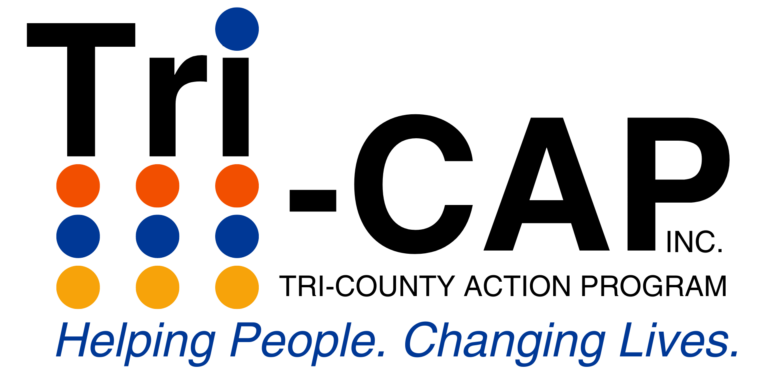WHO WE ARE
ABOUT US
Board of Directors FAQ
What are the requirements to become a Board Member?
Minimum requirements for boards members are:
- Board members are residents of the counties of: Benton, Sherburne or Stearns County
- Board members are representatives of some aspect of the population in the community – low-income representatives, public officials, or representative of private organizations
- Board members have interest in the agency’s mission
- Board members have specific experience and/or knowledge in at least one element including administration, finance, personnel, program development, public relations, or communications.
What do Board Members do?
The Board of Directors is the governing body of Tri-County Action Program, Inc. The board sets the overall policy and goals which are then carried out by staff.
The board meets on the third Thursday of specific months at the Waite Park Tri-CAP office at 5:30 pm. Meetings usually last two hours. In addition, there are some committee meetings and a few special events which board members attend. Meetings also have the option of meeting remotely via Zoom.
I am interested in what Tri-CAP does, can I learn more about it?
Are Board Members paid?
Board members are volunteer and not paid a salary. However, we do pay a stipend, travel cost, and responsible expenses incurred in the performance of board duties.
Even through member do not receive a salary, there are many benefits to being on our board including: It is an excellent way to help your community; You will develop or enhance your skills in budgeting, management, supervision, and many other areas; and You will be working with some of the most interesting people in our community.
Are Board Meetings very formal?
What if I have to miss a meeting every once in a while?
What are the benefits of being a Tri-CAP board member?
- Being a Tri-CAP board member is an excellent way to assist in helping identify and address need in your communities.
- You will receive opportunities to develop and enhance your skills and leadership.
- You will establish working relationships and partnerships with other public and private agencies and programs.
- You will be involved with rewarding work to keep poverty issues in the hearts and minds of community partners, decision-makers, donors, and volunteers.
